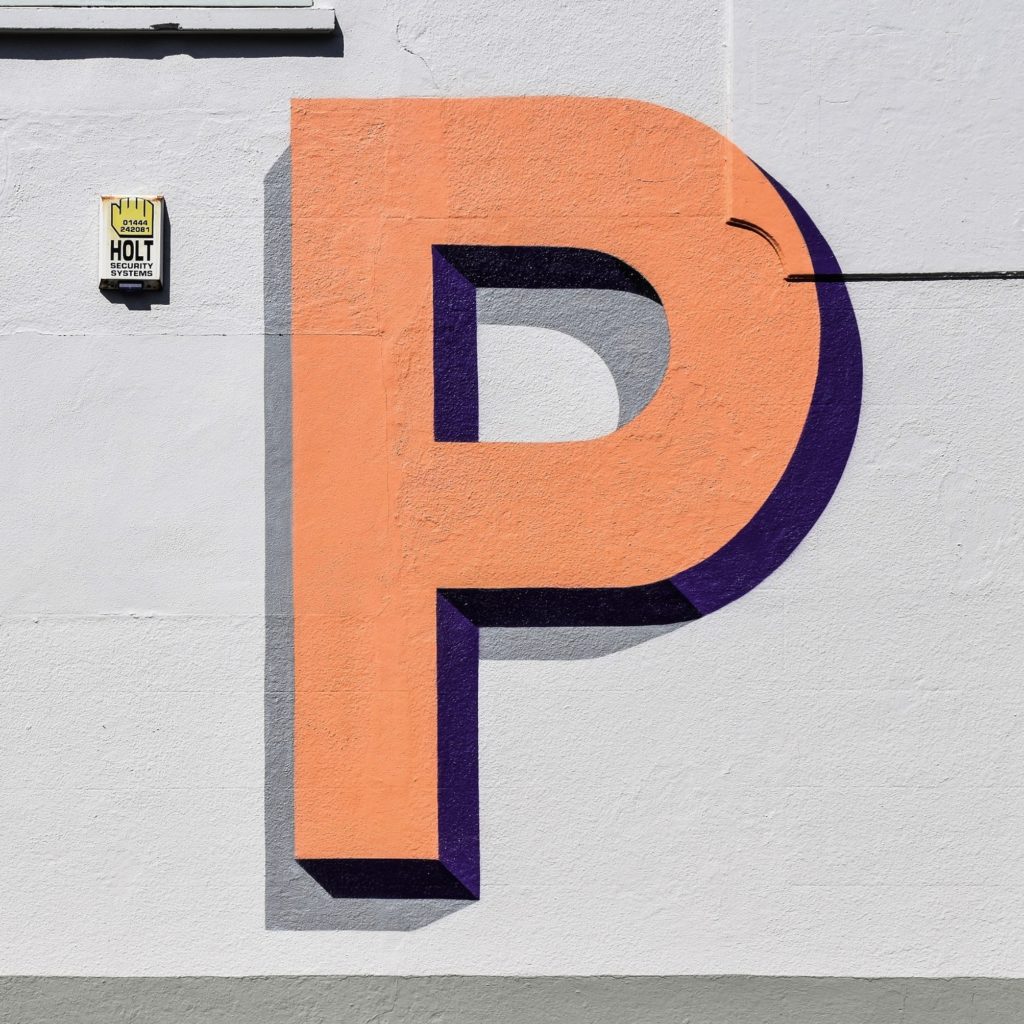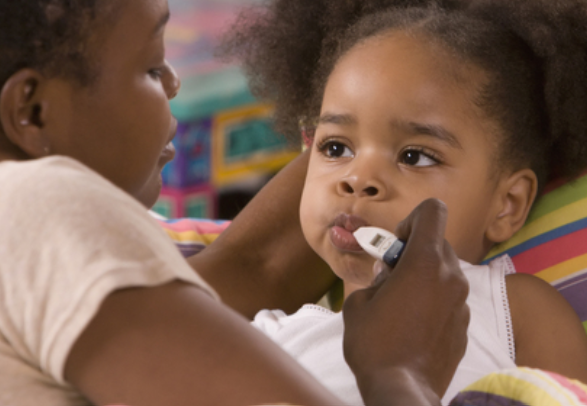Although there are similarities in common symptoms, COVID-19 is not “just the flu.” It spreads more rapidly and has a higher mortality rate — a dangerous combination that can quickly upend health care systems.
The most common symptoms for those with COVID-19 are dry cough, high fever, and shortness of breath, according to the Centers for Disease Control and Prevention. The World Health Organization reported these symptoms often come on more gradually than if you had seasonal flu, and can manifest in both mild and severe cases.
It’s critical to keep in mind you may be an asymptomatic carrier — transmitting the virus to others without realizing it — which is why public health officials have stressed the importance of social distancing, even if you are feeling healthy.
If you’re experiencing a fever, dry cough, or shortness of breath, there’s only one way to know if you have COVID-19: Get tested by a health professional. However, due to supply shortages and a lack of access to health care, not every symptomatic person can get tested when they need to.
If that’s you, take the necessary precautions to protect yourself and others in case you have the virus. Stay home and isolate yourself from family members or roommates for 14 days. If you’re finding it difficult to breathe or notice your lips or face have turned a bluish color, seek emergency medical care. And remember that even if your symptoms subside during your time of isolating, you may still be contagious.
Of course if you’re a parent, isolating yourself from family members can be easier said than done. Check out our tips to find out how you can prepare ahead of time for potentially being sick while still needing to care for kids of various ages—even if you’re a single parent with no back-up.
And if you’re curious about the new Kawasaki disease-like COVID-19 symptoms that are appearing in children who’ve been infected, we asked a doctor what to look for (which includes swollen hands or feet, a rash, and stomachache), when to worry, and what to do.
Stay safe, stay informed — we’ll get through this together.
Learn more about how to spot Coronavirus symptoms at Vox.

This article is brought to you through a nonprofit, newsroom partnership with our friends at ProgressPop.







